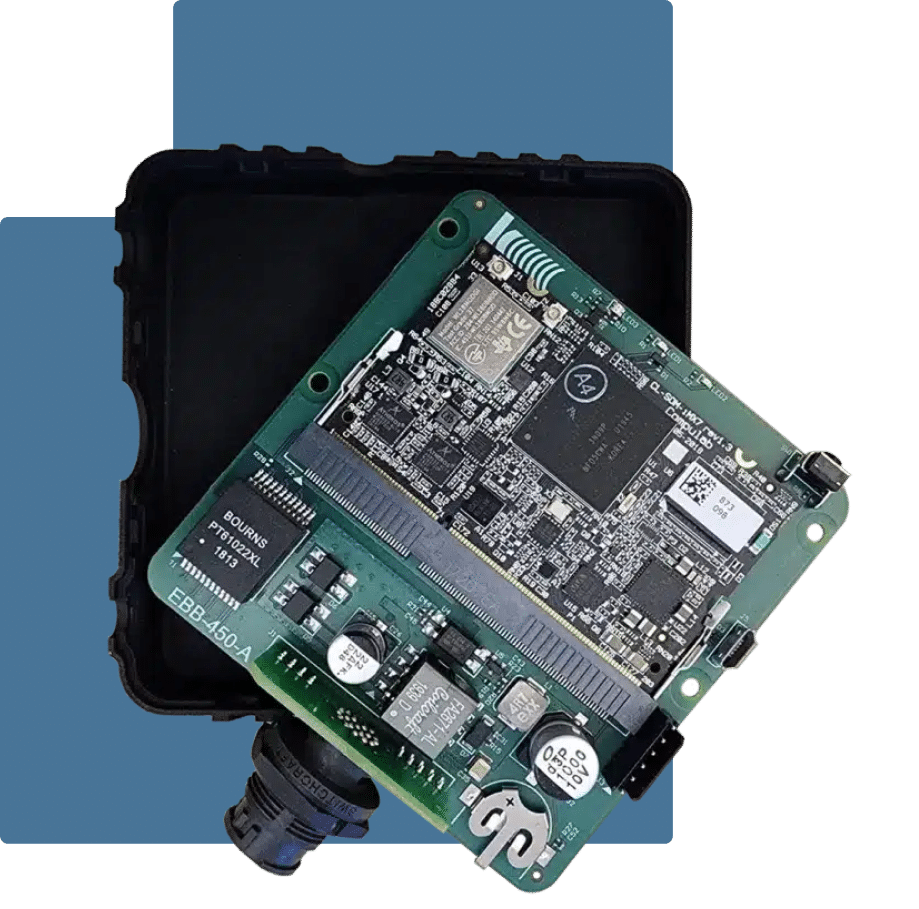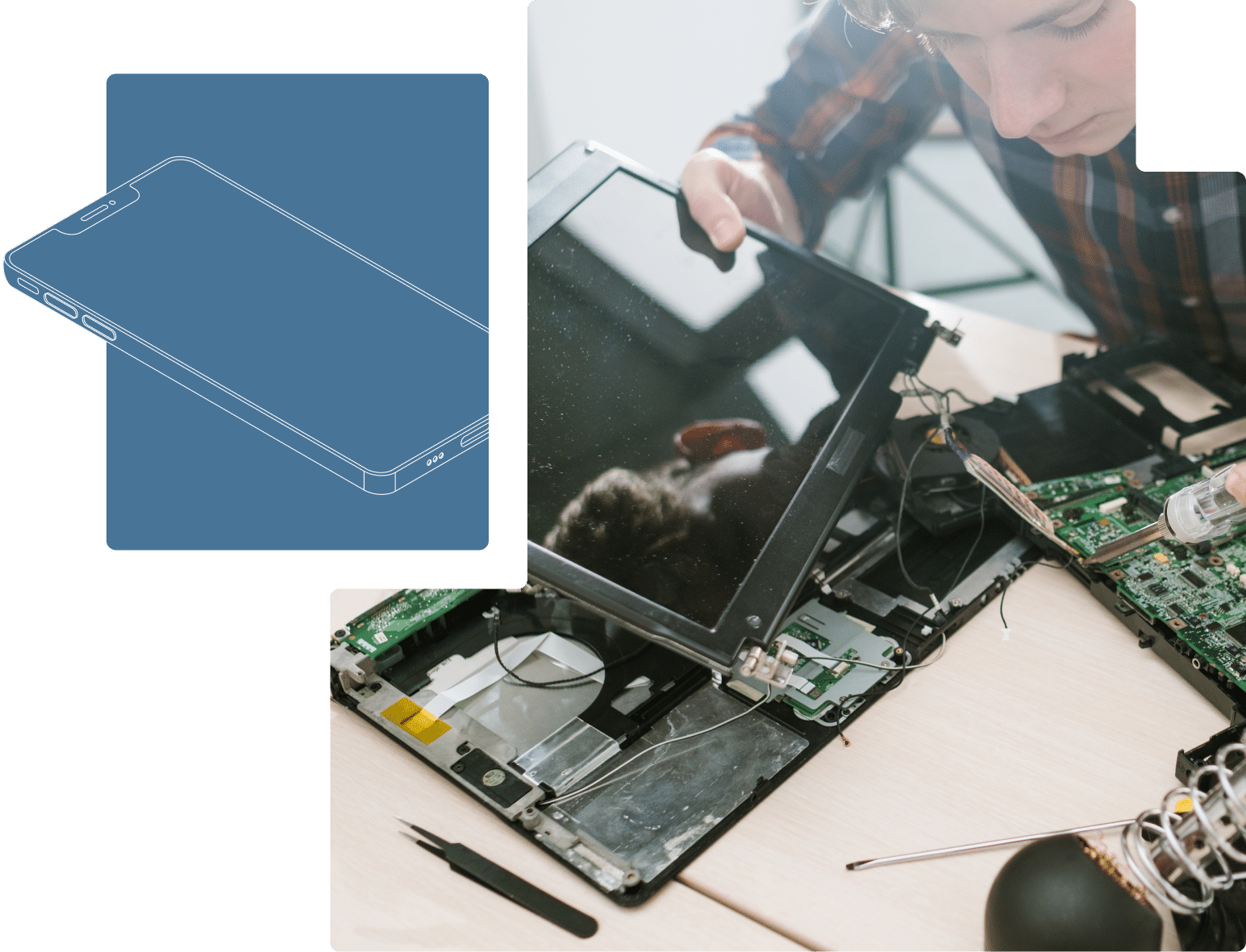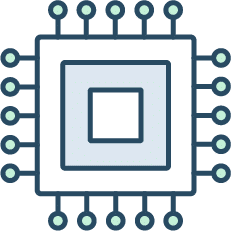
Bring High-Quality Devices to Life
We believe that connected products work best when hardware, software, and cloud infrastructure are developed together, from day one. Our holistic approach ensures your product works better, scales smarter, and costs less to build. With deep engineering experience and a focus on design for manufacturability, we help teams avoid rework, accelerate time to market, and launch with confidence.
Hardware Engineering Clients and Partners





Expertise Across the Hardware Stack
Our engineers bring a blend of creativity and rigor to solve hardware challenges with precision. From low-power embedded systems to RF-critical designs, we’ve built it—and brought it to market—before.
A Systematic Approach to Hardware Engineering
We combine lean processes with rigorous engineering to accelerate development while eliminating downstream issues. Our phased approach ensures compliance and performance from day one.









